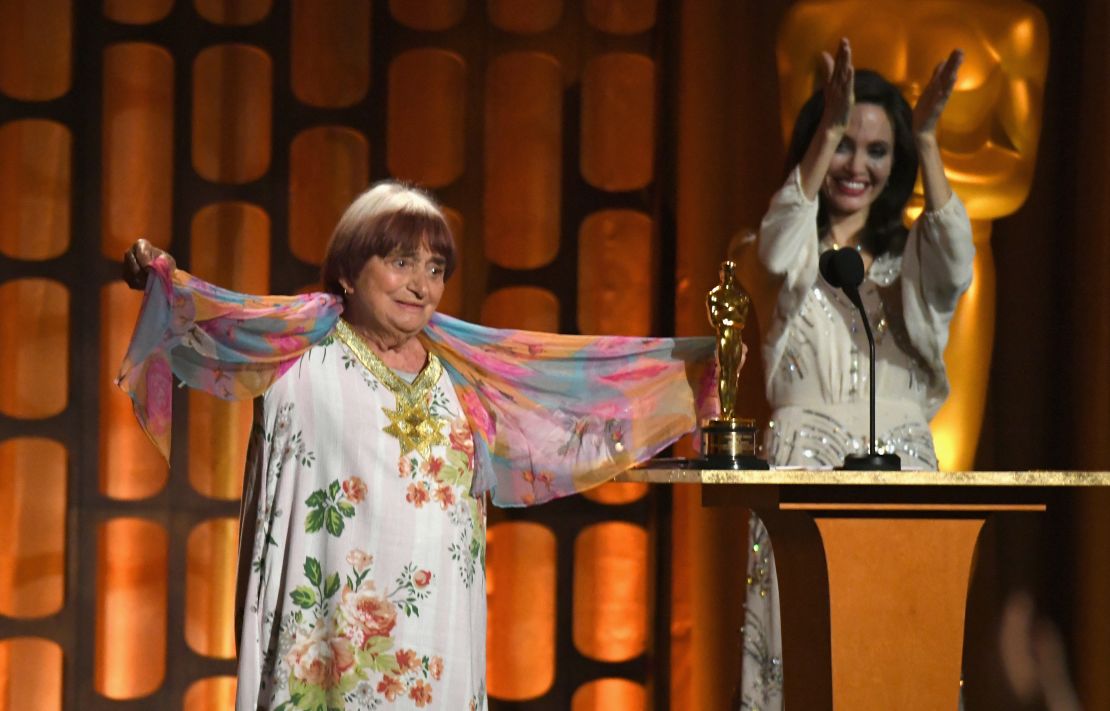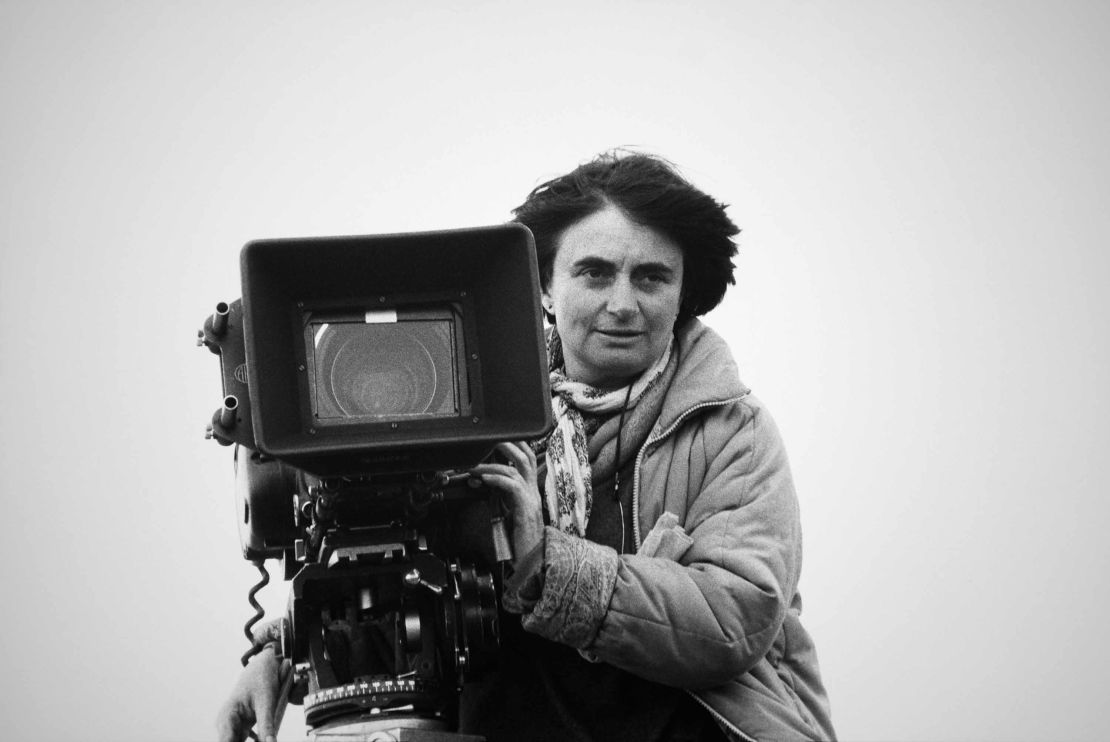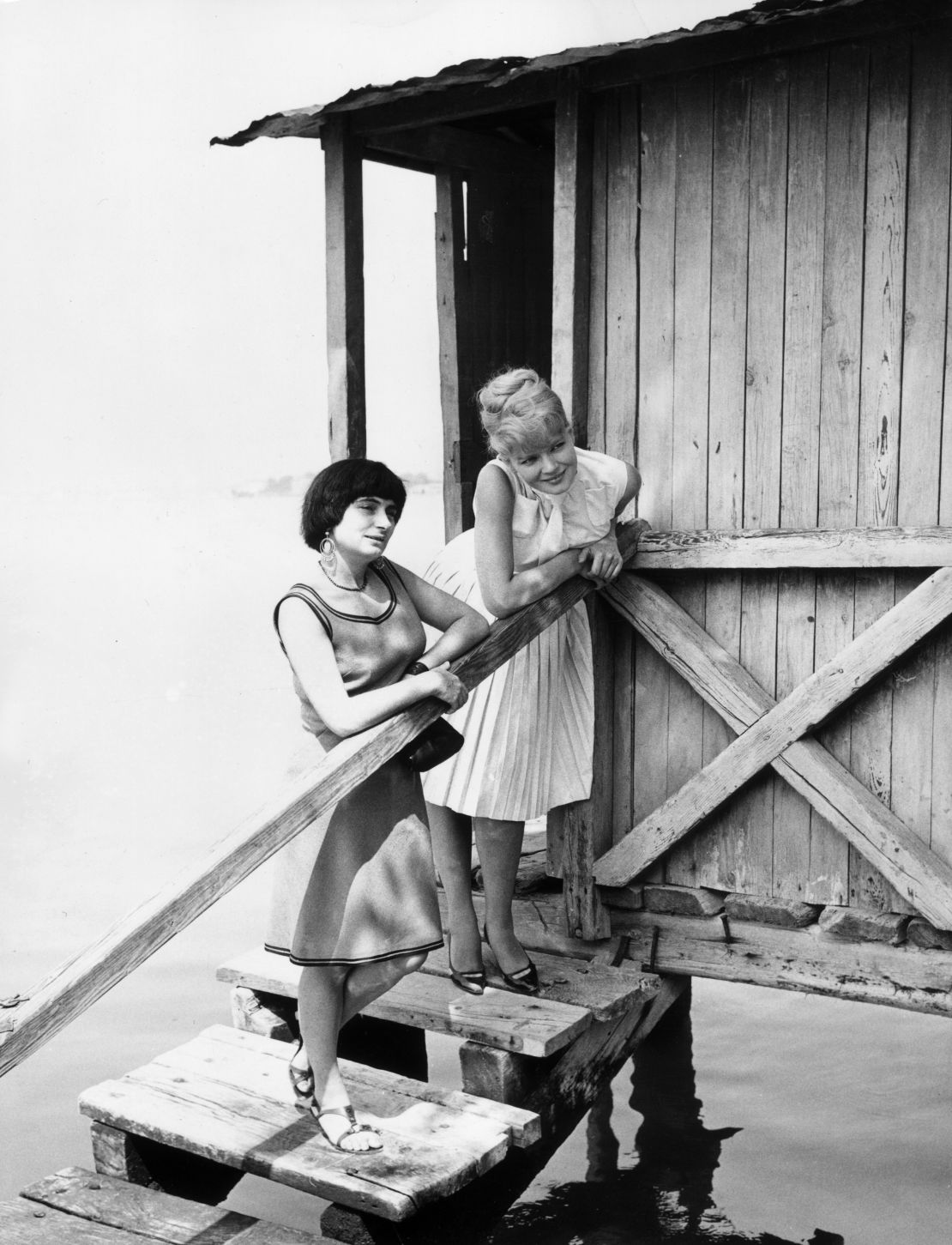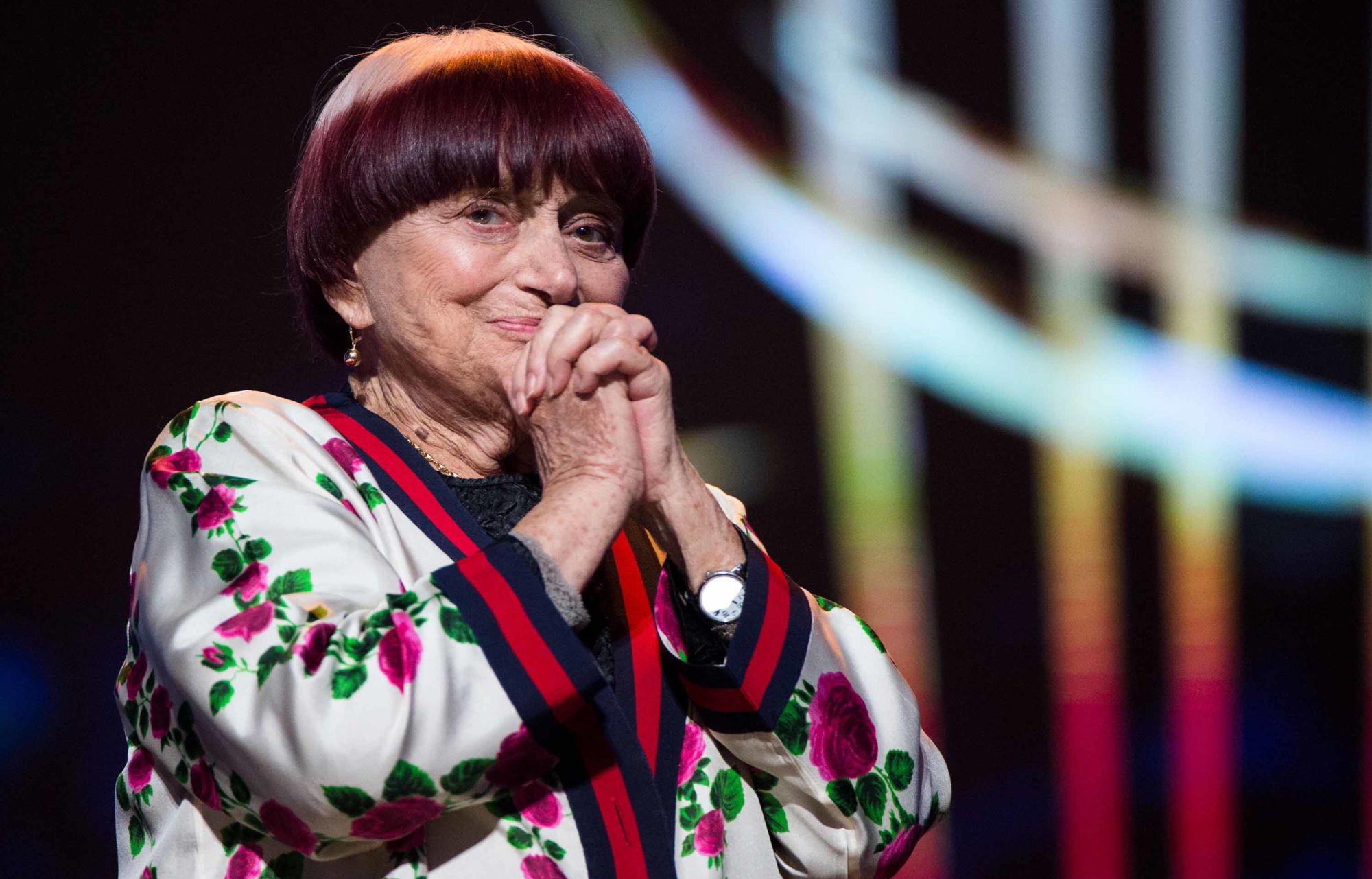French film director Agnès Varda – an icon of feminist cinema and the sole female director to emerge from the French New Wave of the 1960s – has died at the age of 90, her family has confirmed.
“The director and artist Agnès Varda died at her home on the night of Thursday of complications from cancer,” her family said in a statement to the AFP news agency. “She was surrounded by her family and friends.”
Varda came to fame in the 1960s, when she became known as the mother of the French New Wave, directing celebrated films including “Cléo from 5 to 7,” “Happiness” and “The Creatures.”
In a career spanning six decades, she made 24 feature films and worked right until her death, premiering her latest autobiographical documentary, “Varda by Agnès,” at the Berlin International Film Festival in February.

Varda was born in Belgium 1928 and lived on a boat with her family in the town of Sète in the south of France during World War II. She later moved to study at the Sorbonne in Paris, earning a degree in literature and psychology before embarking on a career as a photographer.

Daniella Shreir, co-founder and editor of the feminist film journal Another Gaze, said Varda will be “remembered for her representation of overlooked social movements, communities and cultures.”
Her 1985 film “Vagabond,” for which she won the Golden Lion at the Venice Film Festival, recounts the story of a young homeless woman as she wanders through the French countryside.
Her 2000 documentary “The Gleaners and I” documented the plight of gleaners as they comb fields for leftover food following harvests and through urban junk. The film was voted the eighth best documentary film of all time in a 2014 Guardian poll, and 99th best film of the 21st century by the BBC.
Shreir also points to Varda’s placement of her own body on screen as a resounding feature of her work.
“Throughout her self-reflexive documentaries, she put her middle-aged and then old-aged body on-screen, both confrontational and ludic at the same time. She utilized this playfulness until the end. When was unable to attend events in the last couple of years, she instead sent along a life-sized cardboard cut-out of herself, sometimes with a cardboard cat on her shoulder,” she said.

Varda was also one half of one of the most famous directorial duos in French cinematic history, working alongside her husband, director Jacques Demy, until his death in 1990. She worked on a number of his directorial masterpieces, including “Bay of Angels,” “The Umbrellas of Cherbourg” and “The Young Girls of Rochefort,” and regularly documented life on set.
Her own work regularly crisscrossed between fictional narrative and real-life experience, most notably in the films that recounted her time with her late husband: “Jacquot de Nantes” in 1991, “The World of Jacques Demy” in 1995 and “The Beaches of Agnès” in 2008.
In 2015, Varda became the first woman to win an honorary Palme d’Or at Cannes Film Festival, and in 2017, she became the first female director to receive an honorary Oscar. Last year, her documentary “Faces Places,” in which she and artist JR drove around France, capturing interesting people and places along the way, was nominated for Best Documentary Feature.
Cannes Film Festival expressed its “immense sadness” at Varda’s death. “For almost 65 years, Agnès Varda’s eyes and voice embodied cinema with endless inventiveness. The place she occupied is irreplaceable. Agnès loved images, words and people. She’s one of those whose youth will never fade,” the festival wrote on Twitter.
At the time of her award, the festival said Varda’s “work and life are infused with the spirit of freedom, the art of driving back boundaries.” They said her work possessed a “fierce determination” and a conviction that “brooks no obstacles.”
JR, who co-directed “Faces Places,” posted his own tribute to Varda on Instagram.
Honoring Varda on its website, the British Film Institute (BFI) recalled a talk at its retrospective of Varda’s work in 2018, in which told an audience: “I wanted to invent cinema and be happy to be a woman. I wanted to be a radical. I wanted to find shapes.”



